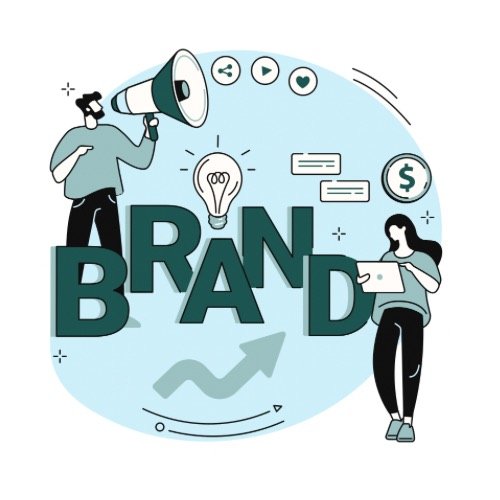Influencers in Ireland are receiving fresh guidance on how to clearly label their social media advertisements. The Competition and Consumer Protection Commission (CCPC) and the Advertising Standards Authority for Ireland (ASAI) have issued these guidelines to ensure influencers follow advertising and marketing rules effectively. New Guidelines for Influencers & Brand Owners
I called the ASAI and asked how do you define a Influencer and I was told “this is anyone that publishes on social media showcasing their own brand or items from other brands. ” Traditionally an Influencer is someone who is sponsored by brands or directly paid to promote products, leveraging their online following to influence consumer decisions. However there are many independent business owners who take no salary from their business but they must now mark all online content as an AD.
This move comes as part of a coordinated effort by consumer agencies across the EU, including the CCPC, to assess the compliance of influencer accounts with these rules.
The guidelines, released recently, cover various aspects, including how to label paid promotions, items “gifted” by brands or PR agencies, and the promotion of own-brand products and services. The primary goal is to help influencers fulfill their legal obligations and make it clear to consumers when they are viewing advertising content.
Research conducted by the CCPC and the ASAI in December of the previous year revealed that consumers often overestimate their ability to identify influencer advertising.
Influencers commonly use different hashtags like #IWorkWith and #OwnBrand to signify advertising. However, for clarity, the CCPC and ASAI recommend that all commercial content should now be labeled as #Ad or #Fógra for Irish-language posts.
These hashtags should be prominently visible to consumers, and posts promoting an influencer’s own brand must also be clearly marked as advertising.
Kevin O’Brien, a Member of the Competition and Consumer Protection Commission, emphasized the importance of influencers being honest and transparent about their advertising. He stated that clear labeling benefits both influencers and consumers.
In cases of misleading consumers, influencers may face enforcement actions, including prosecution, as per Ireland’s consumer protection legislation. However, there have been no such prosecutions to date.
Orla Twomey, Chief Executive at the Advertising Standards Authority for Ireland, highlighted the need for advertising to be instantly identifiable. She emphasized that consumers shouldn’t have to question whether they are viewing an ad.
The guidelines consider developments in influencer marketing and offer clear and straightforward instructions for influencers and the brands they collaborate with. The aim is to ensure that advertising content on social media is correctly and transparently labeled to prevent consumer confusion.
A previous study by the ASAI revealed that over half of those surveyed were concerned about the lack of transparency in influencer marketing and the difficulty in distinguishing between regular content and advertising. These findings align with the results of the CCPC’s research from the previous year, reinforcing the need for joint guidance from the organizations.
Ms. Twomey highlighted that the fundamental requirement for advertising to be recognizable as such has been in place for over 40 years. She expressed hope that these new guidelines would enhance compliance in influencer marketing and improve consumer awareness and understanding in this field.
Like what we do? then please consider subscribing to us https://mntpxiih.a2hosted.com/whatsgoingon/subscribe-landing-page/
Follow me on TikTok for more https://www.tiktok.com/@whatsgoingonireland?lang=en
New Guidelines for Influencers & Brand Owners

